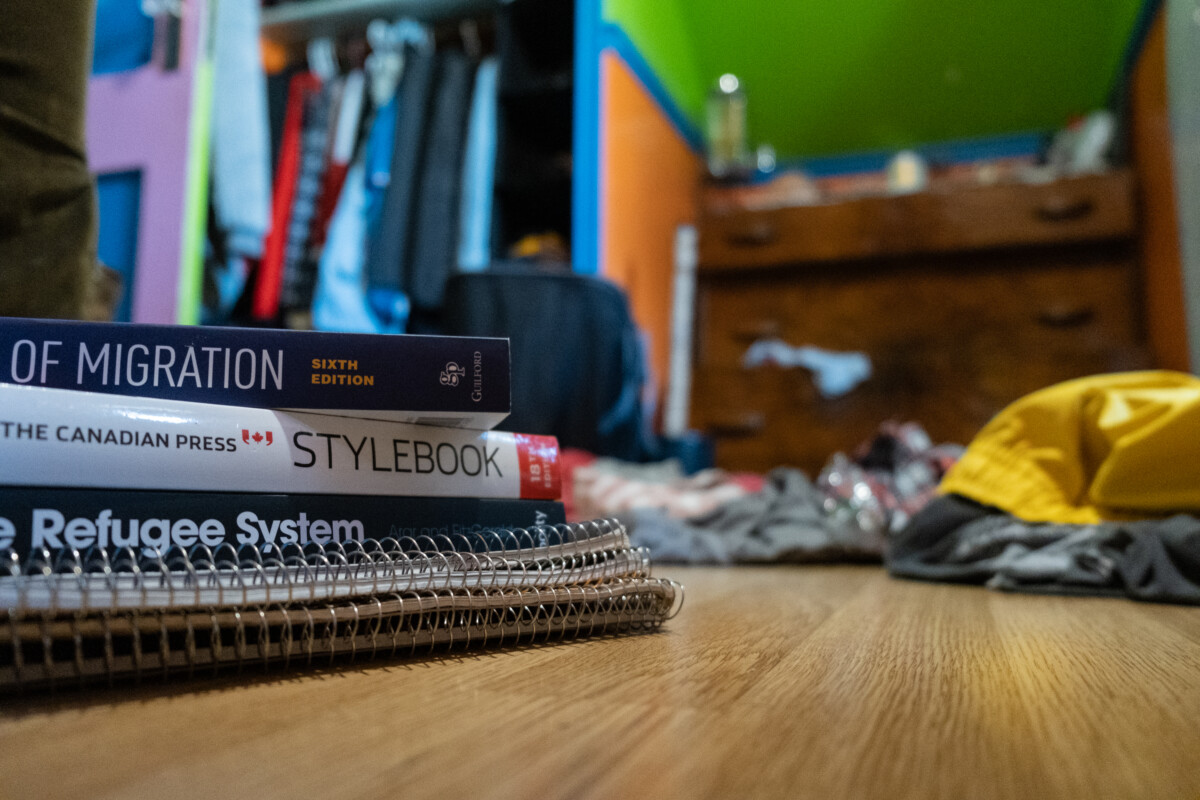The Access Centre for Students with Disabilities offers workshops to give students the tools they deserve on their journey
On Sept. 19, the Access Center for Student with Disabilities (ACSD) held the third part of their Coping with Anxiety online workshop, focusing on our thoughts and how to build a healthier relationship with them. The workshops are a four-part series offered to students registered in the ACSD.
Moire Stevenson, the lead for disability accommodations at the ACSD, started doing these workshops at the university last year to help students with severe anxiety.
She explained that a lot of students suffer from double down anxiety. This phenomenon happens when something triggers one’s anxiety and they start experiencing physical symptoms such as a racing heartbeat, heavy breathing, sweaty palms and weakness in the body. They then ask themselves why they’re getting anxious in the first place. The trigger, the physical response and the questioning topple on top of each other, causing double down anxiety.
While the compilation of factors happening at once may be scary, Stevenson reassured students that anxiety itself doesn’t need to be scary.
“I think it’s really important for people to understand, especially if they’re struggling with [double down anxiety], that anxiety is natural and it protects us. So, that first trigger when the anxiety goes up, that’s supposed to happen,” Stevenson said. “It’s how we interpret all of that that starts to create more and more anxiety and we go from a functional level of anxiety to a less functional level of anxiety.”
Students begin the workshop by understanding the basics of anxiety and mindfulness: the present moment. Stevenson explains that the level and impact that anxiety has on students can influence change in their own life to remind them they are safe.
“What I’m really trying to do is to give tools and skills that we can continue to use for life.” Stevenson said.
“One of the main things I wanted to tackle going in is that sensation of not being able to do something because of the anxiety,” Stevenson said. “When I started here at the Access Center, that was something that concerned me, because I know we have a very high population of students with anxiety. I wanted to see, what is something I can do that will help these students not further feed that loop.”
Stevenson plans to restart this series for the Winter semester as a recurring workshop.
